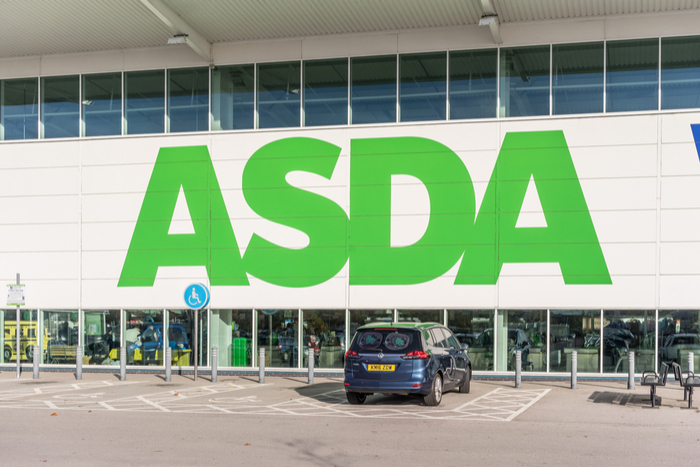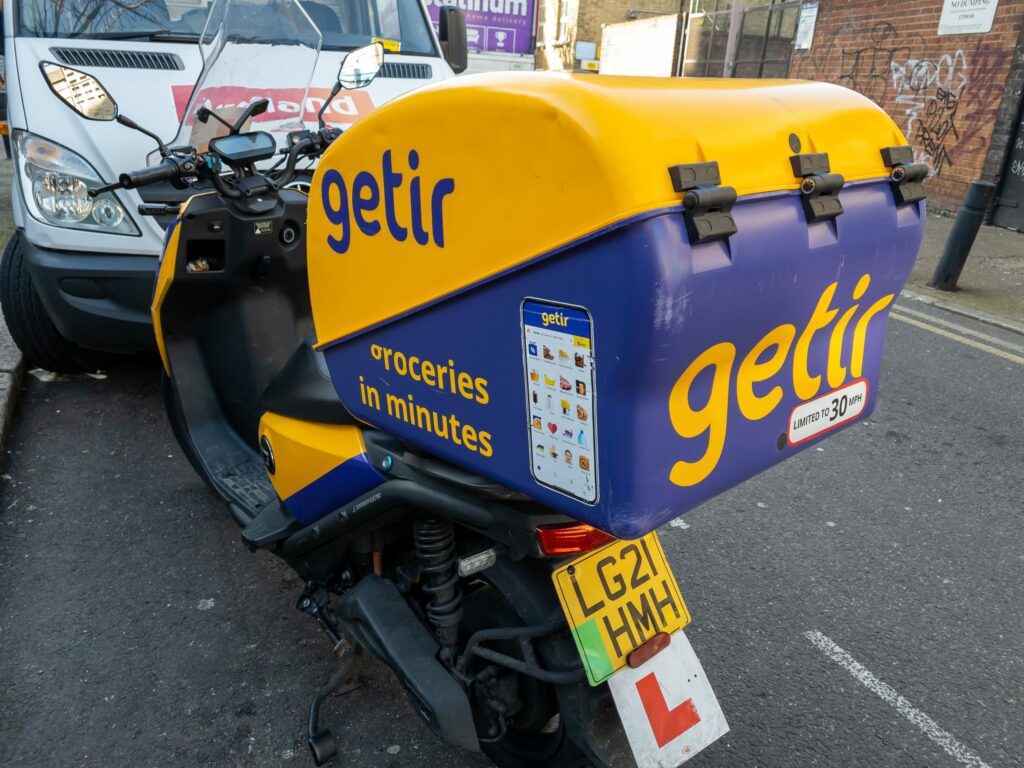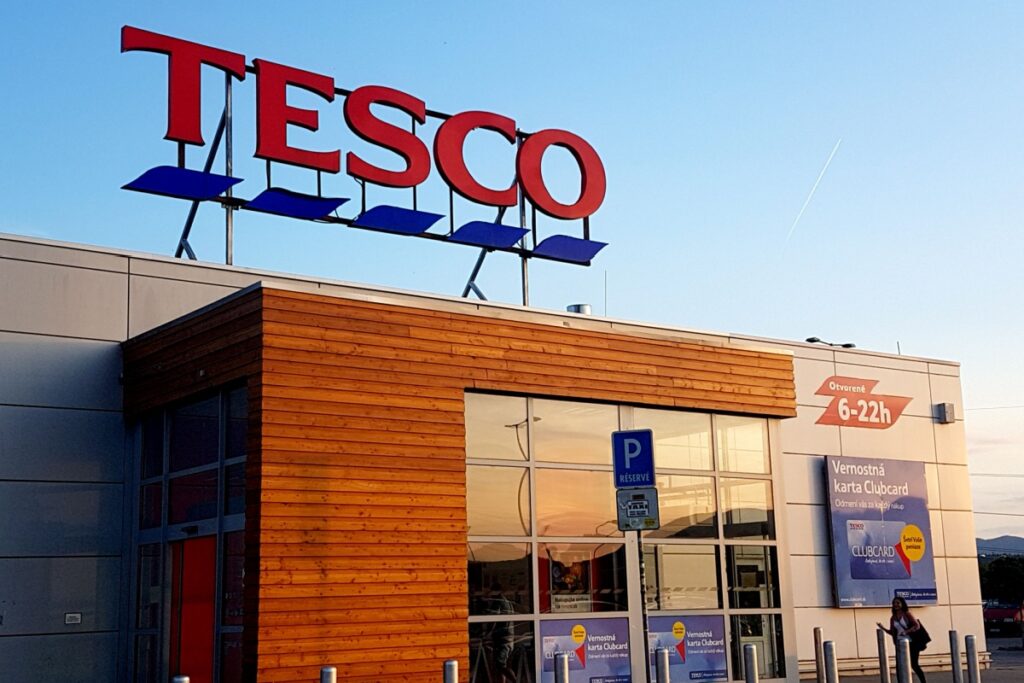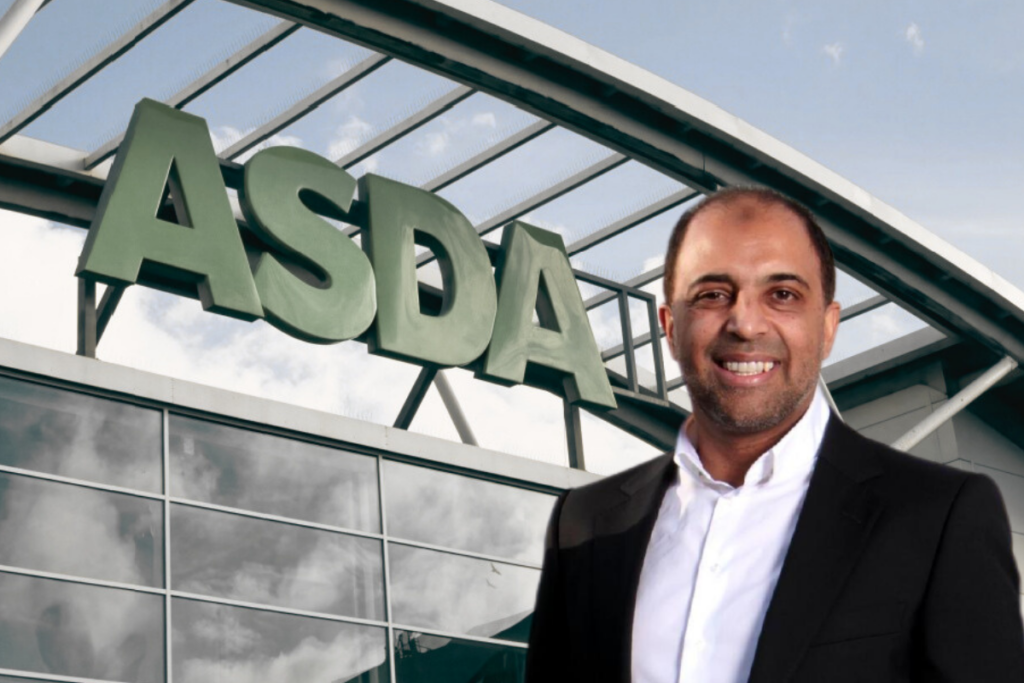Asda has officially become a British-owned retailer again – the first time in 21 years.
Last Friday, US retail behemoth Walmart agreed terms for a £6.8 billion sale of a majority stake in the Big 4 grocer to the billionaire Issa brothers, along with partners at private equity firm TDR Capital. Walmart had accepted a bid from a consortium led by Mohsin and Zuber Issa – the Lancashire-based owners of petrol forecourt firm EG Group – following a lengthy auction process.
Walmart has owned Asda since 1999, and the deal means it would still retain a minority stake in the Big 4 grocer as part of the agreement, as well as have a seat on the board.

“This new ownership opens an exciting new chapter in Asda’s long heritage of delivering great value for UK shoppers,” Asda chief executive Roger Burnley said.
The Issa brothers confirmed Asda’s headquarters would remain in Leeds, and they will support the existing management team and maintain competitive pay levels for shop floor staff.
They also said they would invest over £1 billion in the next three years to further strengthen Asda’s business and its supply chain, and grow its convenience and online operations.

The sale comes more than a year after the proposed £12 billion merger between Asda and Big 4 rival Sainsbury’s was blocked by competition regulators at CMA.
US-based Walmart had sought to exit the UK through a sale of Asda after the CMA blocked its merger with Sainsbury’s amid fears it would push up prices and reduce product quality. Discussions over the sale of Asda started in February this year, but these came to a halt due to disruption from the Covid-19 pandemic. The auction process restarted in July.
Although ecommerce sales doubled during the lockdown period, during which Asda remained open as it was classed as an essential retailer, the Issa brothers now face the challenge of expanding the grocery giant’s digital business further to take advantage of the soaring online demand.

EG Group and TDR Capital will also face the challenge of keeping prices low amid tough economic conditions for shoppers and potential new tariffs on EU-imported foods.
Mohsin and Zuber Issa made their fortunes after transforming their business from one rented petrol station into a network of almost 6000 forecourts across 10 countries. The brothers said with the new purchase of Asda, they would test their idea for a “better shopping experience” by investing to offer a wider range of fresh food and high-quality produce.
In fact, Asda recently announced the launch of its ‘On the Move’ convenience store format in an effort to simplify the in-store shopping process for its customers.
“Our partnerships strategy is focused on making our busy customers’ lives easier,” Asda chief strategy officer Preyash Thakrar said.
“Asda could benefit by learning from EG Group’s franchise experience”
“That means offering convenience when they visit our stores by bringing in complementary brands to help them complete more shopping missions in one location, and convenience that makes our great value products more accessible in local communities.”
Pro Ganguly, former Asda senior buying manager and current senior manager at procurement consultancy 4C Associates, argued that the biggest opportunity for Asda now is to accelerate its convenience format under the Issa brothers.
“Under the new ownership, it’s only a matter of time before the trial is rolled out to more of EG’s 390-plus sites nationally and access to 6000 sites internationally, giving Asda access to new markets and adding to their market share,” he said.
Retail expert Nelson Blackley told Retail Gazette that the Issa brothers would likely use their forecourts to roll out an Asda convenience store operation nationwide. He added that although the Issa brothers have no experience of running large supermarkets, they and TDR Capital do have expertise around convenience and brand partnerships. Blackley also said it was likely they would look to form more partnerships with other retailers to make better use of excess space in Asda’s stores.
Meanwhile, Ganguly believes the new sites could also give Asda the opportunity to expand its general merchandise and clothing sales through offering a click and collect service.
“Walmart has learned a lot from Asda and had a rich talent pool to pick from”
“Another area where Asda could benefit is by learning from EG Group’s franchise experience,” he said.
“EG Group have strong franchise partnerships with the likes of Starbucks, Greggs and Subway and Asda could utilise that experience to develop their own partnerships with other brands.”
He added that the biggest benefit of Asda coming under British ownership was the fact that any profits generated by Asda will be reinvested in Asda in the UK, rather than going to Walmart for them to then invest in their US and/or other global businesses.
“It is well known that Walmart has used profits generated from its international businesses to prop up its US business and further fuel its expansion in international markets such as its acquisition of Flipkart in India,” Ganguly said.
Catherine Shuttleworth, chief executive and founder of retail marketing agency Savvy, told Retail Gazette that Walmart made it clear that its focus would be on new expanding markets such as India and in developing its ecommerce proposition in the US.
“Walmart has learned a lot from Asda and had a rich talent pool to pick from that is now deployed across its organisation as well as profitable returns on its investment,” she said.
“The new owners are a mix of private equity and entrepreneurs who are very committed to developing the UK marketplace and are committing to spending £1 billion over the next three years within the Asda business in the UK.”
Ganguly said: “The deal will also allow Asda to set its own identity – since buying Asda in 1999, Walmart tried to model Asda on its operating model, turning Asda stores in the UK to clones of Walmart stores in the US.
“Asda has struggled to define where it stands amongst the Big 4 and has failed to clarify its USP. It has also failed to tackle the emergence of discounters and its online business has lagged behind those of Tesco and Sainsburys.”
Blackley agreed. He said the UK has faced increasingly strong price competition from German-owned discounters Aldi and Lidl – especially in Asda’s traditional northern heartland – and as a result Asda’s UK grocery market share has fallen from 18 per cent to just over 14 per cent over the past five years.
Click here to sign up to Retail Gazette’s free daily email newsletter
















